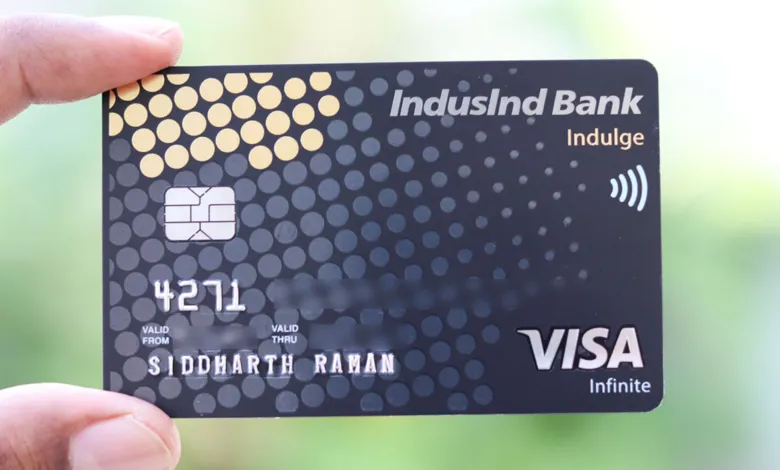IndusInd Bank Credit Card Holders will have to pay more on Petrol Payments from 4th May 2025

IndusInd Bank has announced that it will start charging an additional fee on high-value fuel transactions made through its credit cards. This new rule will come into effect from May 4, 2025. According to the bank, customers who spend more than ₹50,000 on fuel in a single credit card statement cycle will have to pay an extra 1% fee on the entire fuel amount spent, along with GST (Goods and Services Tax). This means that if your total fuel purchases in one billing cycle go above ₹50,000, the bank will add this additional charge to your bill.

To give an example, if a customer spends ₹49,500 on fuel in a month, they will not be charged any extra amount. However, if the customer spends ₹53,000, then 1% of ₹53,000 – which is ₹530 – will be charged as a fuel fee, and GST will also be added on top of that. It’s important to understand that this 1% fee is calculated on the entire fuel amount, not just the amount above ₹50,000. So once your fuel spending crosses the limit, the charge applies to the full amount, not just the excess.
The fee will be applied only to transactions done at specific fuel-related merchants, which are identified by certain Merchant Category Codes (MCCs). The MCCs mentioned in the update are 05983, 05172, 05542, and 05541, which are typically used by petrol pumps and fuel stations. So, if you use your IndusInd credit card to buy fuel from a location with any of these MCCs, and your total fuel purchases in the billing cycle exceed ₹50,000, you’ll be charged the 1% fee.
Another important point is that refunds or reversed transactions will not be deducted from the fuel total. For example, if you purchase fuel for ₹53,000 and later receive a refund of ₹3,000, your total fuel spend is still counted as ₹53,000 for calculating the fee. So even if you get part of your money back, the fee will still apply based on the original full amount.
For most regular customers, this change will not make a big difference. Generally, personal monthly fuel expenses rarely cross ₹50,000. Most people who drive cars or bikes daily for personal use spend far less than that. Therefore, this new rule is expected to mostly affect commercial users, businesses, or transport operators who purchase large amounts of fuel regularly. These are the users most likely to exceed the ₹50,000 limit and face the new fee.
In summary, IndusInd Bank’s decision to charge a 1% fee on high-value fuel spending is aimed at controlling the cost of providing credit card services to heavy fuel users. The ₹50,000 threshold is high enough that the majority of users will not be affected. However, for those who do spend heavily on fuel, it is a good idea to track your credit card usage through IndusInd’s online banking or mobile app. This will help you avoid going over the limit and paying the extra fee. Many other Indian banks have already introduced similar charges, so IndusInd’s move is simply aligning with the broader banking industry practices.
